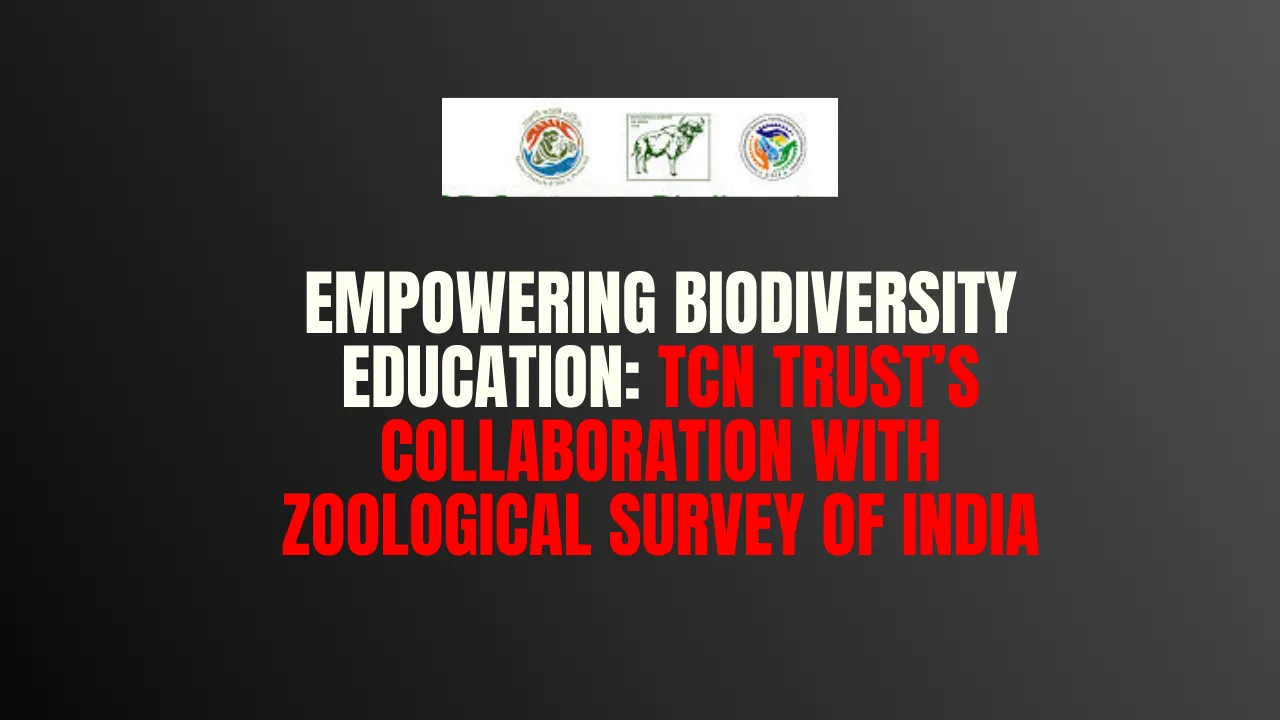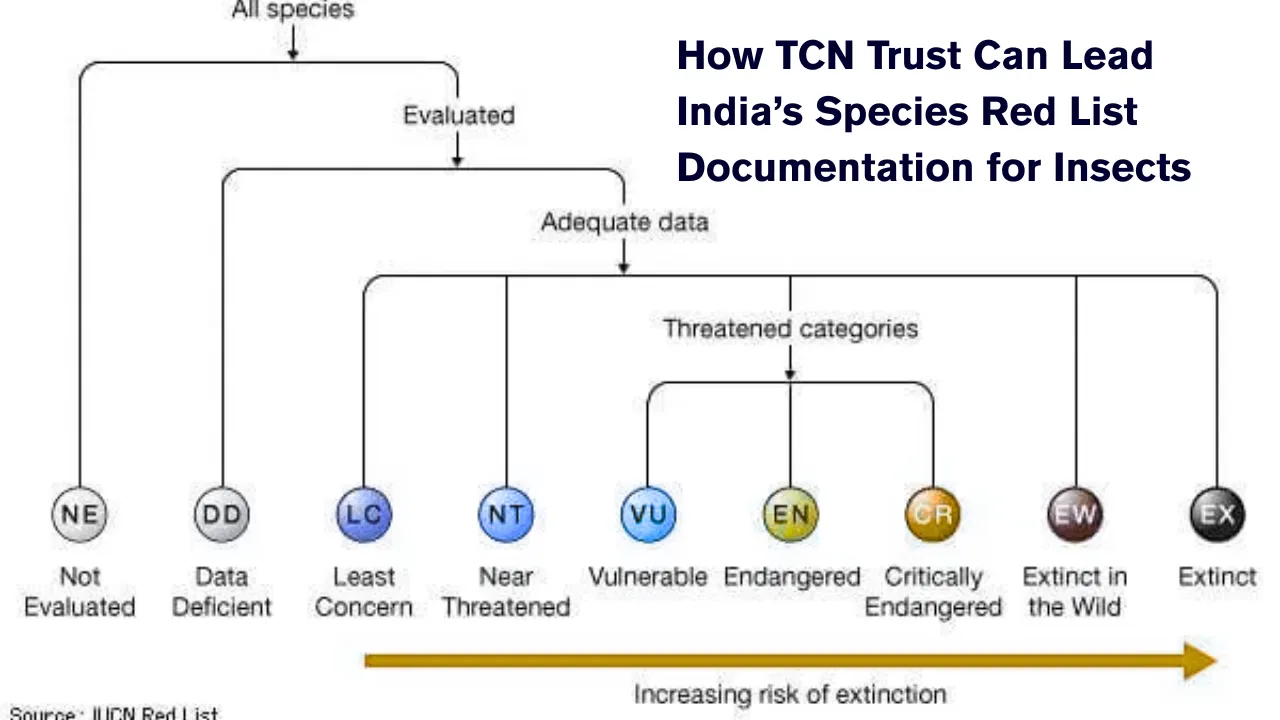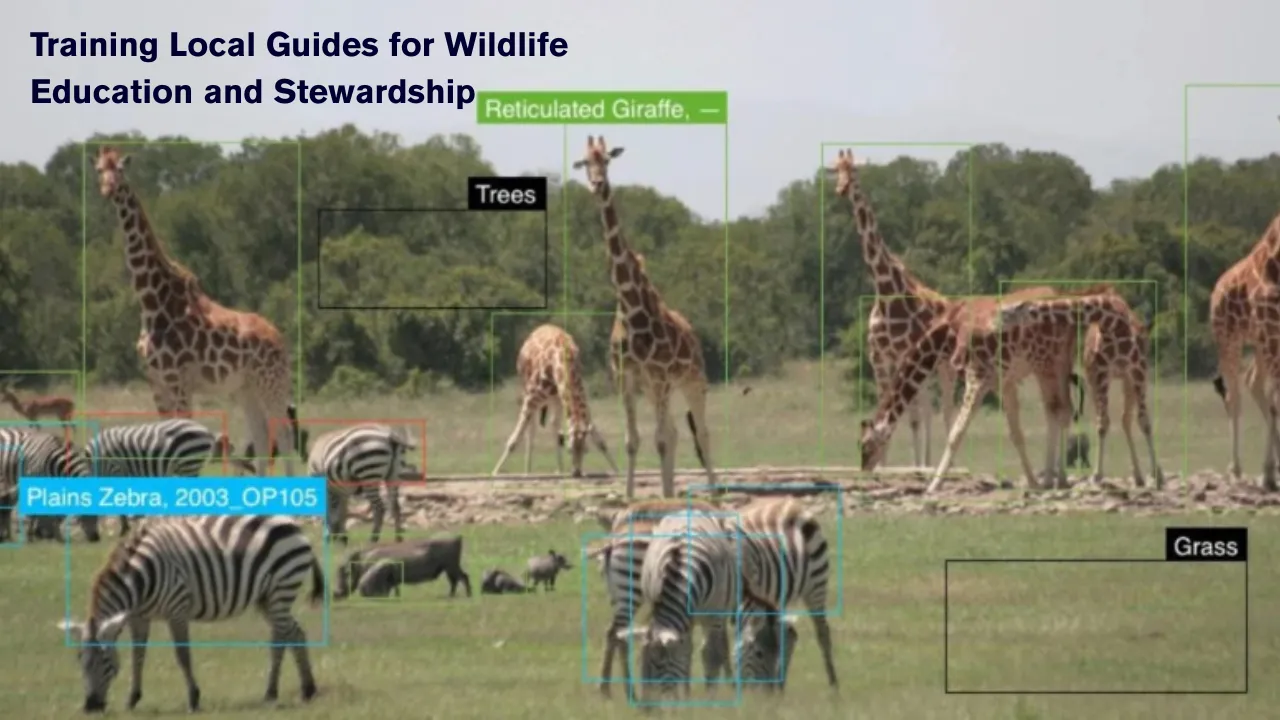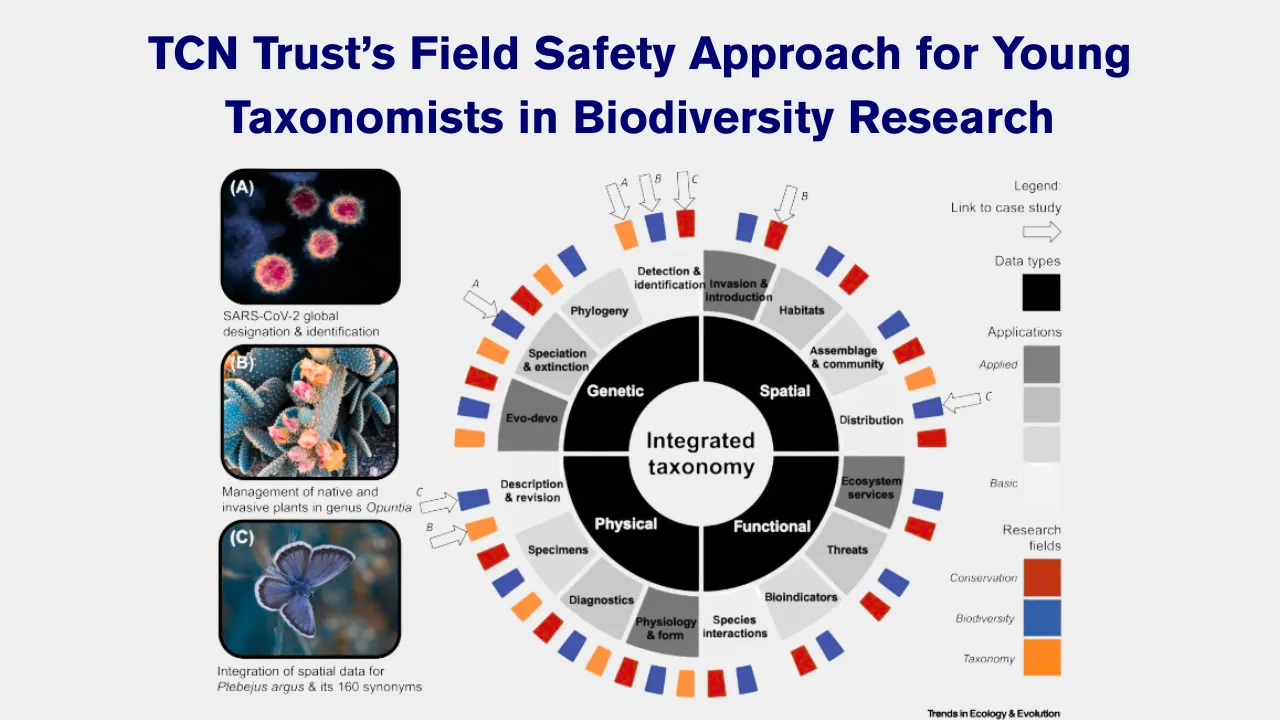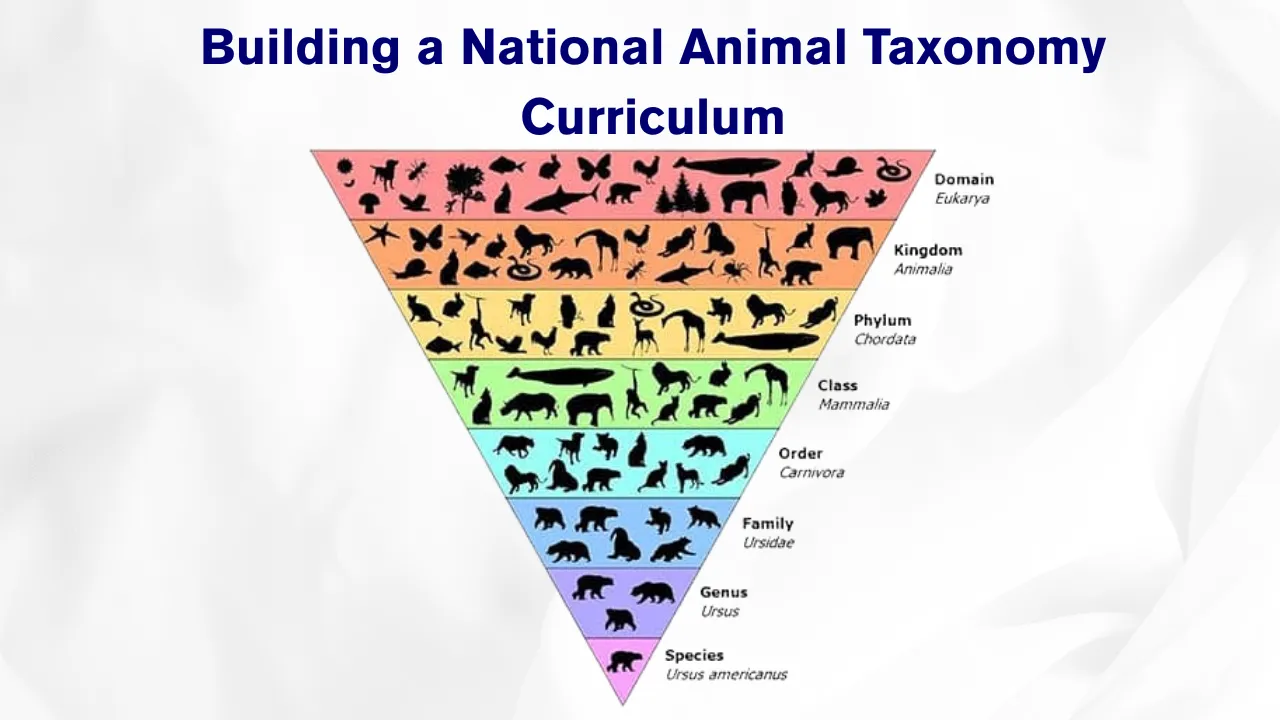TCN Trust’s Collaboration with Zoological Survey of India is shaping a new chapter in India’s biodiversity education and conservation strategy. As biodiversity loss becomes a global concern, partnerships like these are proving essential in bridging the gap between scientific research and public understanding. In a landscape where both knowledge accessibility and outreach remain uneven, this collaboration is working to connect the dots by making scientific knowledge more reachable and relevant.
This article dives into the nature and scope of this collaboration. It looks at how the two institutions are joining forces on key initiatives such as the reprinting of the foundational book An Introduction to Taxonomy, sharing vital scientific data and tools, and running outreach programs that make biodiversity education more inclusive. This partnership reflects a broader mission: to support taxonomic research, empower educators and students, and cultivate environmental awareness at the grassroots level.
TCN Trust’s Collaboration with Zoological Survey of India
The collaboration between TCN Trust and the Zoological Survey of India is built on a shared vision—advancing scientific literacy and biodiversity conservation through practical initiatives. While ZSI brings over a century of taxonomic expertise, TCN Trust contributes its strength in outreach, education, and community engagement. Together, they are working to reprint key taxonomic literature, provide access to research tools, and run workshops for educators and students across the country. Their goal is to ensure that taxonomic knowledge isn’t confined to research labs but becomes part of mainstream education and public understanding.
Overview of Key Initiatives
| Initiative | Description |
| Reprinting Educational Materials | An Introduction to Taxonomy reprinted to support learning and research |
| Resource Sharing | Access to taxonomic data, species records, and biodiversity archives |
| Outreach & Public Engagement | School workshops, seminars, and biodiversity awareness campaigns |
| Technical Support for Researchers | Assistance with fieldwork, documentation, and data publication |
| Library and Institutional Distribution | Books and guides distributed to colleges, libraries, and rural institutions |
A Meaningful Educational Partnership
One of the most impactful elements of TCN Trust’s Collaboration with Zoological Survey of India is the initiative to reprint the textbook An Introduction to Taxonomy. This book, originally produced by ZSI, holds critical importance in introducing students and researchers to the systematic classification of living organisms. However, it has long been out of print or difficult to access. TCN Trust’s intervention ensures this valuable knowledge is not lost in academic silos.
By reintroducing this book, the partnership aims to give young scholars in both urban and rural areas a strong foundation in taxonomy. Many colleges and schools, especially in biodiversity-rich but under-resourced regions, lack access to credible academic texts. This initiative directly addresses that gap and adds long-term value to India’s environmental education efforts.
Resource Sharing for Greater Impact
Beyond reprinting books, TCN Trust’s Collaboration with Zoological Survey of India is about creating bridges between scientific data and those who can benefit from it most—students, educators, field researchers, and conservation workers. ZSI, as India’s premier institution in zoological research, maintains extensive data on animal species, distributions, and taxonomic classifications. However, much of this information remains underutilized due to limited public access.
TCN Trust is working to ensure that this treasure trove of knowledge becomes more widely available. Through physical distribution to educational institutions and digitization efforts, essential biodiversity data is now reaching more hands. Libraries, museums, and colleges are gradually being equipped with updated research tools, creating an ecosystem of learning rooted in real scientific data.
Outreach and Public Engagement
What sets this collaboration apart is its emphasis on outreach. While academic reprints and data sharing are crucial, the long-term success of any conservation effort relies on public involvement. The collaboration includes workshops and awareness campaigns that introduce the public—especially school students—to the importance of taxonomy and biodiversity.
Through interactive sessions, biodiversity fairs, and expert talks, the program creates early awareness about the significance of species classification, environmental balance, and conservation needs. Schools in tier-2 and tier-3 cities are receiving practical learning kits and printed guides. These efforts are designed not only to educate but also to inspire the next generation of taxonomists and naturalists.
Collaborative Initiatives at a Glance
- Reprinting Key Educational Resources
TCN Trust is reviving core academic texts like An Introduction to Taxonomy, enabling educational equity and supporting aspiring scientists, particularly in regions that lack access to scientific publications. - Sharing Biodiversity Knowledge
With ZSI’s vast archives and TCN Trust’s outreach network, data on species classification, research methodologies, and biodiversity mapping is now being made more accessible to the public and institutions.
Benefits of the Partnership
The synergy between these two organizations has already started producing results. The benefits extend beyond academic circles to rural educators, forest officers, and amateur naturalists. Access to authentic and updated biodiversity information helps in better field documentation and informed conservation strategies.
Moreover, the educational tools developed through this partnership are designed with local contexts in mind. The aim is not to impose a top-down knowledge system but to empower local learners, including tribal communities and forest-dependent populations, with the information they need to understand and protect their ecosystems.
Strengthening Taxonomic Research in India
India is one of the most biologically diverse countries in the world, but it remains underrepresented in global taxonomic research. TCN Trust’s Collaboration with Zoological Survey of India helps correct this imbalance by nurturing grassroots-level research. Field surveys, documentation drives, and data publishing support are now more accessible to small research groups and independent scientists.
The collaboration is also helping set up localized biodiversity databases. These smaller repositories feed into larger networks, contributing to national and international biodiversity assessments. Over time, this can support policymaking, species protection laws, and conservation funding with strong scientific backing.
FAQs
Why is this collaboration significant for biodiversity education?
It bridges academic resources with public access, making crucial scientific knowledge like taxonomy available to a wider audience, especially in under-resourced regions.
What kind of materials are being reprinted?
TCN Trust is reprinting An Introduction to Taxonomy and planning to support the distribution of more scientific and educational resources related to biodiversity.
How can educators benefit from this partnership?
They gain access to high-quality teaching materials, training sessions, and interactive tools that can be used in classrooms to enhance science learning.
Does this collaboration support field researchers?
Yes, it provides documentation support, access to species data, and helps with archiving and publishing findings.
Can the public participate in these outreach programs?
Absolutely. Schools, NGOs, and individuals are encouraged to take part in biodiversity workshops and awareness events organized under the collaboration.
Final Thought
TCN Trust’s Collaboration with Zoological Survey of India is more than a partnership—it’s a strategic effort to decentralize scientific knowledge and integrate biodiversity awareness into everyday learning. From reprinting essential textbooks to setting up outreach programs that engage communities, this initiative is creating pathways for more inclusive and informed conservation.
Its impact lies not just in printed pages or shared databases, but in the minds it inspires—students who will ask new questions, researchers who will document new species, and citizens who will look at their natural surroundings with renewed curiosity and respect.
To be part of this journey, explore your local biodiversity, engage with your nearest educational institutions, or share this story to spread awareness. Drop a comment below if you’ve had any experience with biodiversity education or would like to join the conversation.
